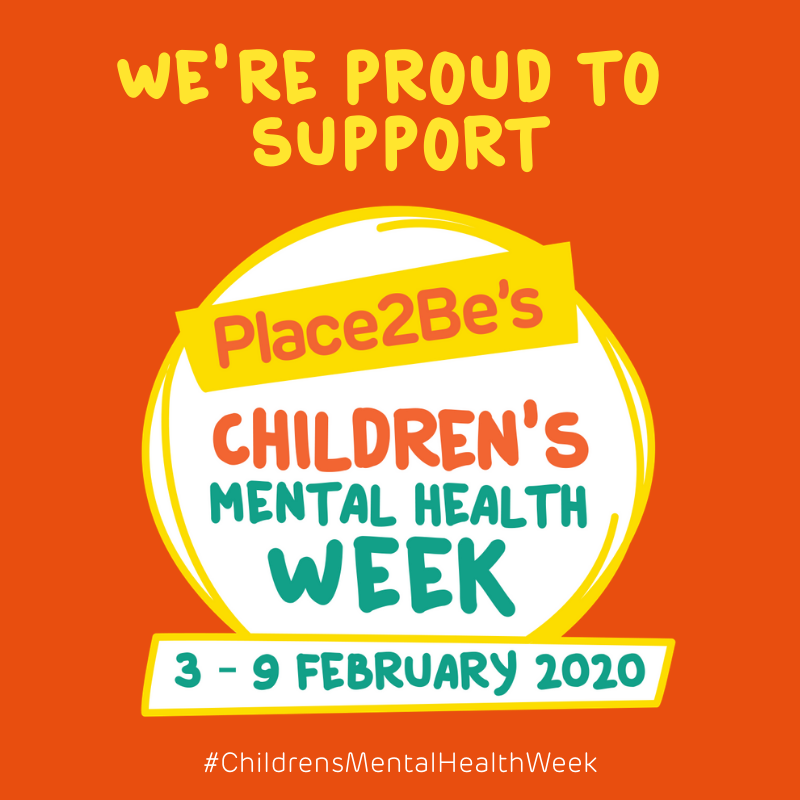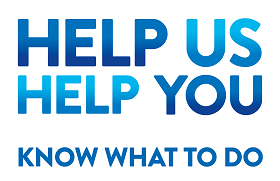Find your Brave during Children’s Mental Health Week
Monday, February 3, 2020

We, alongside Sefton Council, are backing Children’s Mental Health Week (3-9 February). We are encouraging children to talk to their parents or carers about their mental health and to seek support from local services.
Dr Wendy Hewitt, Children and Safeguarding Lead for both CCGs in Sefton, said: “Children’s Mental Health Week shines a spotlight on the importance of children and young people’s mental health. According to the Mental Health Foundation, one in ten young people will experience a mental health condition. That’s why early help is recognised to be of utmost importance.
“Helping young people to get the support and treatment they need before their difficulties become even more challenging, can really improve their chances of recovery and prevent them from bringing these problems into adulthood.”
There are a number of services available to children and young people in the area who need support.
Children aged 11 to 18, living in Sefton have access to an online counselling and emotional wellbeing platform. ‘Kooth’ (www.kooth.com) provides free and anonymous mental health and wellbeing support to young people.
Councillor John Joseph Kelly, Sefton Council Cabinet Member for Children, Schools and Safeguarding, said “Services such as Kooth mean children and young people have access to mental health support when they need it. Being able to access good advice, guidance and support via mobile phone, tablet or computer is a great way to help make sure that children and young people can develop positive mental wellbeing and find their brave.”
Wendy added: “We’re encouraging parents, teachers, friends and family to start a conversation around mental health with the children in their lives.
“By engaging in these kinds of conversations, we hope children will feel more comfortable sharing how they’re feeling, and that awareness around children’s mental health will increase.”
Visit the NHS website for some useful tips about having conversations with your child about their feelings and mental wellbeing.
Children and young people, and their families and carers, with concerns about emotional and mental wellbeing can also speak with their GP or another professional (like school nurse, social worker, health visitor or teacher) for help and advice.





